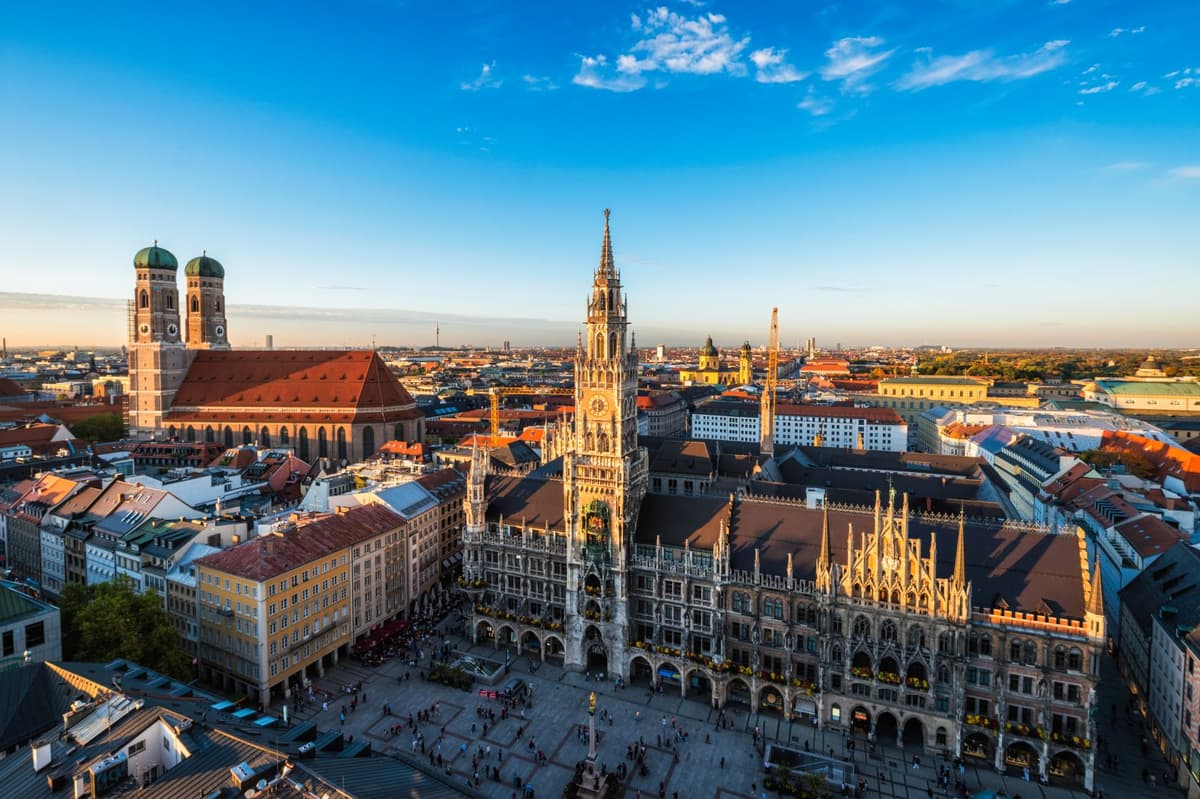New Regenerative Ecovillage in Alentejo to Pioneer Sustainable Housing Model
In response to Portugal's escalating housing crisis, a project known as the Traditional Dream Factory (TDF) is developing a new co-living neighborhood in the Alentejo village of Abela, based on principles of affordability and environmental sustainability. The project is being presented as Europe's first regenerative ecovillage financed by tokens and aims to provide a scalable model for future communities.
The development comes as Portugal experiences some of the most severe housing price inflation in the European Union, with Eurostat data showing a 16.3% year-on-year increase in the first quarter of 2025. The TDF project seeks to create an alternative to a market that has seen prices grow by 130% over the last fifteen years.
The next phase of the project, with a target completion date of late 2026, will see the construction of 23 homes. The development is a collaborative effort between TDF, Kinterra, a specialist in rural housing technology, the Portuguese sustainable design firm CRU atelier, and regenerative developer Enklava. The project will feature bioclimatic architecture, utilizing local and low-environmental-impact materials, as well as modular construction techniques to reduce costs.
The planned neighborhood is designed as a self-sufficient ecosystem with shared infrastructure, including its own energy micro-grid, water harvesting systems, and community food production facilities. Technological integration is a key component, with 'Smarthoods' sensors to be installed to monitor water and energy consumption, as well as local biodiversity, with data managed through a transparent 'Closer' dashboard.
Need Expert Guidance?
Get personalized insights from verified real estate professionals, lawyers, architects, and more.
Samuel Delesque, co-founder of TDF, described the vision as a "living laboratory of resilience, a space where solutions are tested to face the housing and climate crisis at the same time." The project's ownership structure is also innovative, based on a Web3 model where the land is owned by a Land Trust. Residents will have the right of usufruct and a shared responsibility for the stewardship of the territory, a model designed to prevent speculation and optimize resource use.
To build the social framework for the community, TDF has partnered with the Norwegian collective Village Portal to launch a six-month co-living program for prospective residents. Starting in October, the program will include workshops on financial models, governance, and cultural agreements to ensure the community is co-created by its future inhabitants. Roy Duer, co-founder of Kinterra, stated the ultimate goal: "We want to create a model that can be replicated around the world."
Discover eco-friendly properties and green developments at realestate-lisbon.com.





